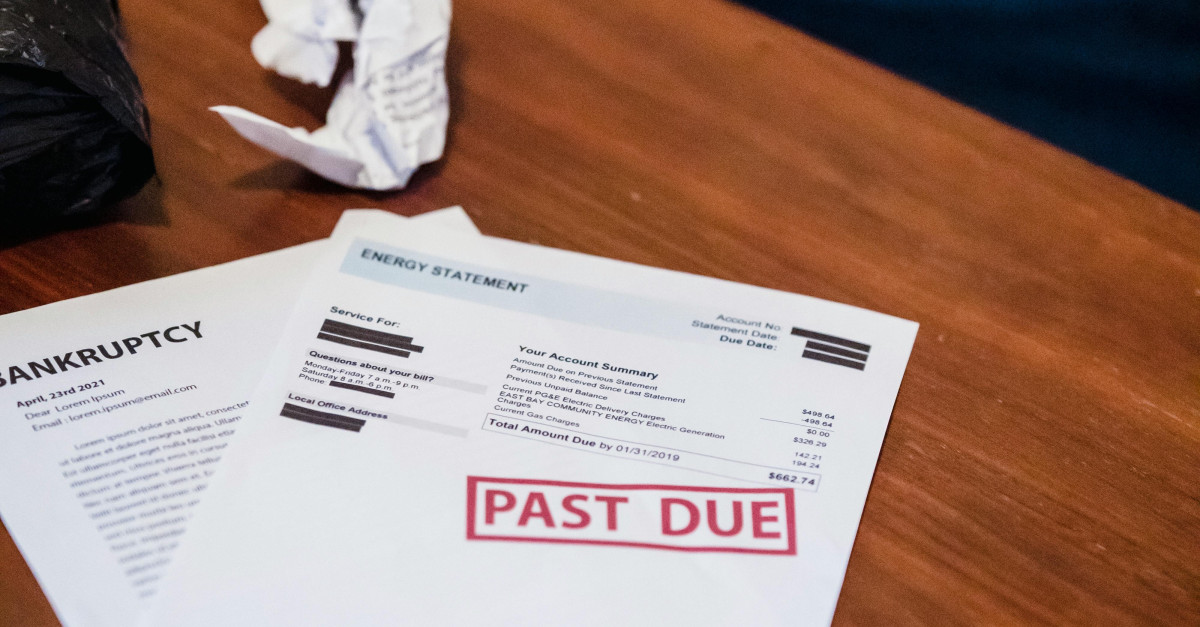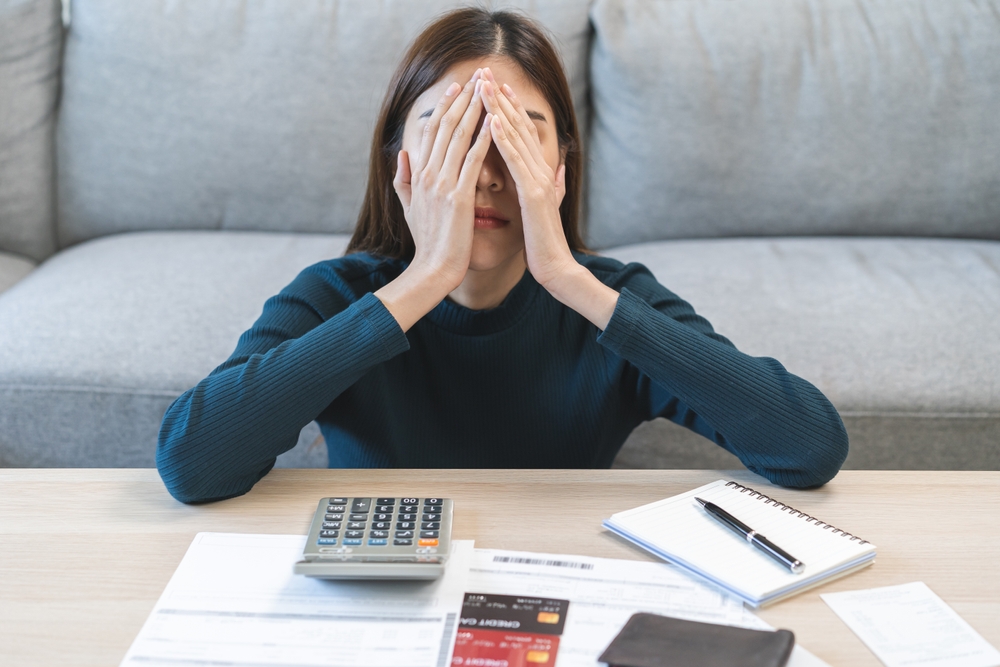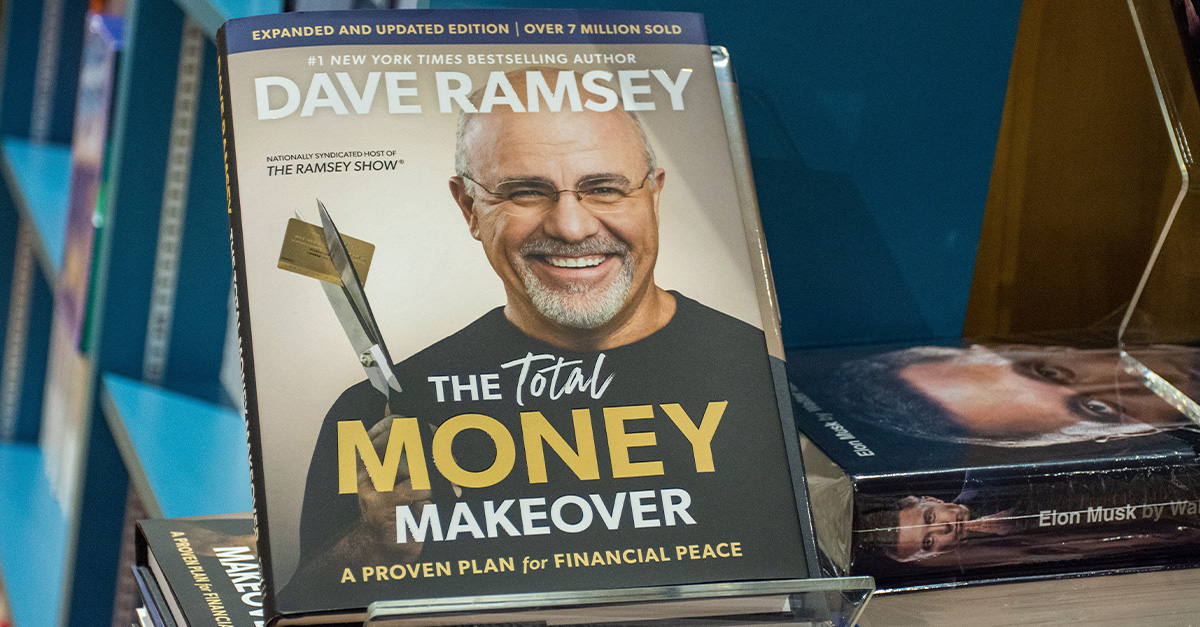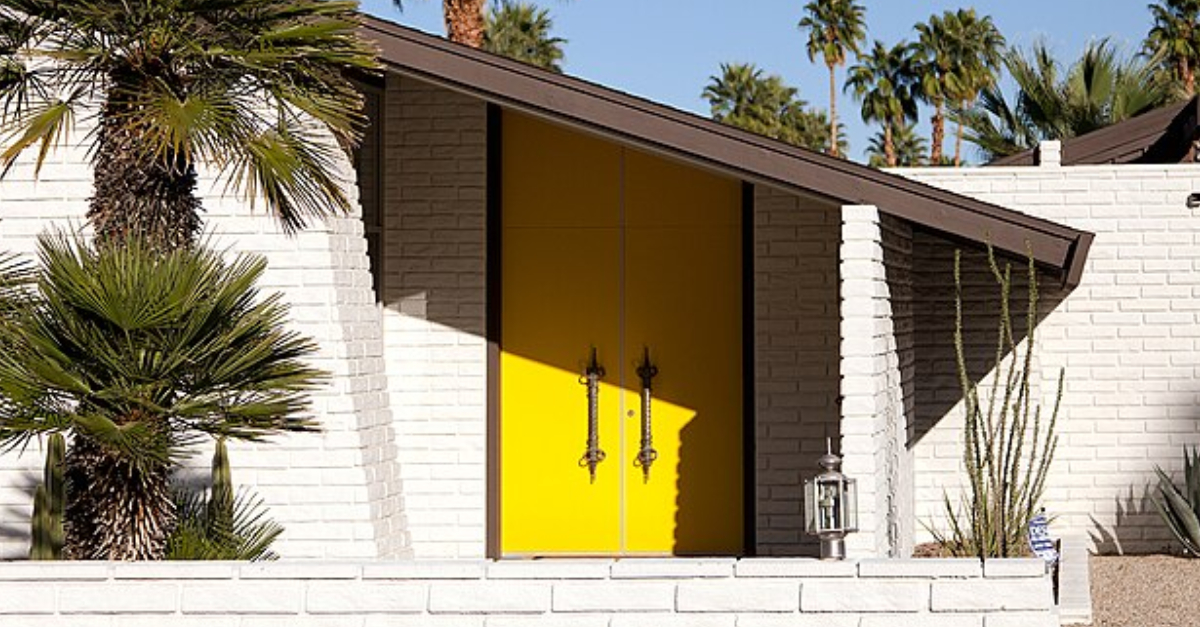A few years ago, your finances were manageable. But after a series of financial setbacks, your credit card balances skyrocketed, and loan payments piled up. You’ve fallen behind, collection calls won’t stop, and making minimum payments feels like bailing water out of a sinking boat. You now ask yourself the question you’ve avoided for months: Should I declare bankruptcy?
How It Started—And Kept Going
Your debt didn’t appear overnight. As so often happens, it started small—covering groceries with a credit card, borrowing a bit to get through a tough month. Then came the interest. Then the late fees. You used one card to pay another. Before you knew it, your finances had slipped out of your control.
The Downward Spiral
You might have taken out personal loans to catch up, only to find the fixed payments just added to the pressure. No matter how carefully you budget, the debt keeps growing—and every financial decision becomes another emergency waiting to happen.
The Emotional Weight Of Financial Collapse
It’s not just about numbers. It’s about guilt, fear, and shame. You wake up at night wondering if you’ll lose your home. You avoid answering unknown numbers because it might be a collector. You’ve stopped going out, and you hide your situation from people who care about you. Debt is more than a financial burden—it’s mentally and emotionally exhausting to wonder how you’ll make it through another month.
Exploring Bankruptcy: A Taboo with Potential
You’ve probably heard about bankruptcy as a last resort. Maybe you think it’s something only the reckless or irresponsible do. But the truth is, bankruptcy is a legal tool designed to help people exactly like you—people who’ve hit a financial wall and need a path forward.
The Alternatives
In the U.S., you’d likely file for Chapter 7 or Chapter 13 bankruptcy: Chapter 7 wipes out most unsecured debt (like credit card debt or medical bills), although you might have to give up some non-essential assets. Chapter 13 gives you a chance to repay a portion of your debt over time, usually 3 to 5 years, while keeping more of your property. Either option halts collections, stops wage garnishment, and gives you room to breathe.
When Bankruptcy Makes Sense
If you’re drowning in payments, and your income can’t realistically cover both your living expenses and your debt, bankruptcy may be your best chance to regain control. Sure, your credit will take a hit—but let’s be honest, your credit might already be in rough shape. And rebuilding is possible. You can spend the next decade barely treading water, or you can take a hard look at your reality and consider whether starting fresh is better than struggling endlessly.
What Comes Next
You meet with a nonprofit credit counselor or a bankruptcy attorney, and they help you understand your options. You learn that you can likely keep your car, that you’re not alone, and that thousands of people make this choice every year—not because they’re giving up, but because they’re finally ready to move forward. You decide to file for Chapter 7 bankruptcy. Not out of shame, but out of a desire to finally be free of this crushing weight.
Conclusion: From Desperation to Decision
Bankruptcy may feel like the end of the road, but for many, it’s the first real step toward recovery. It’s not a failure—it’s a decision to prioritize your well-being and give yourself another chance. If your debt has taken over your life, bankruptcy might be your path back to stability, peace, and a future you can actually plan for.
You May Also Like:
Wasteful Expenses That Are Keeping You Poor, According To Warren Buffett
Items Middle Class Americans Can No Longer Afford
Small Indulgences, Big Impact: The Cost Of Guilty Pleasures










